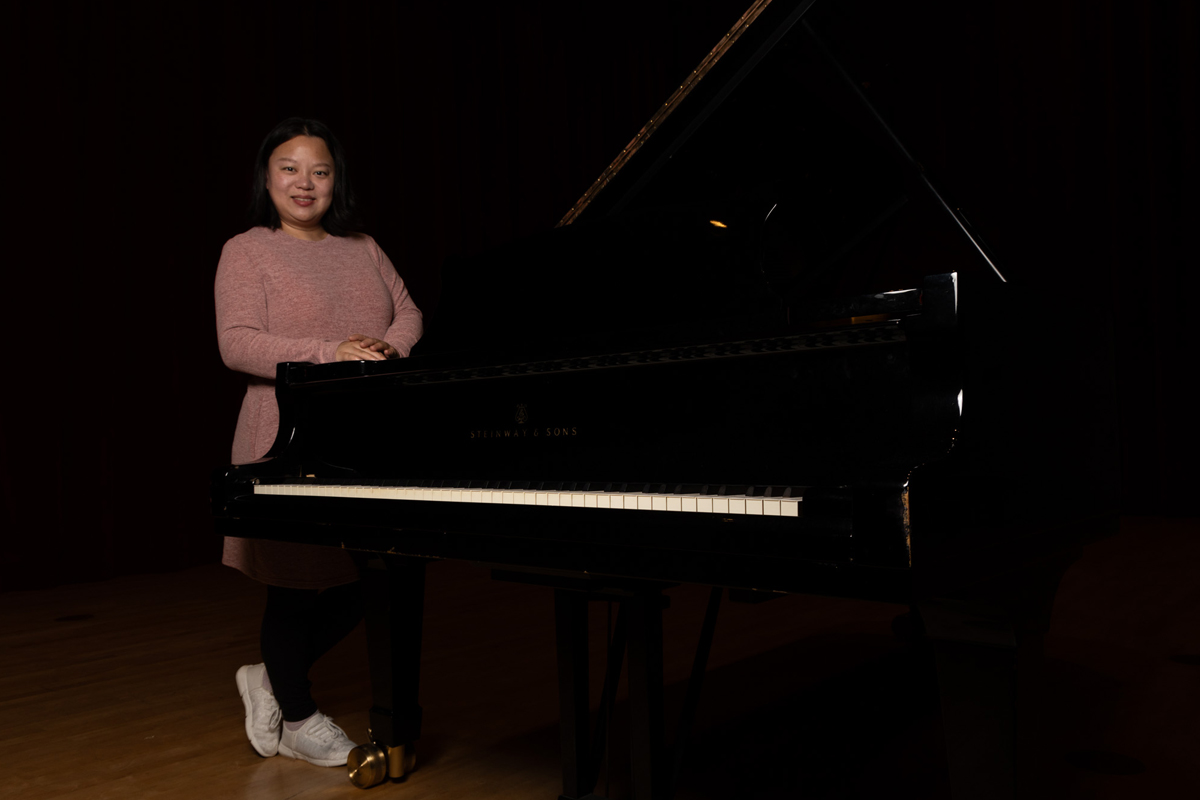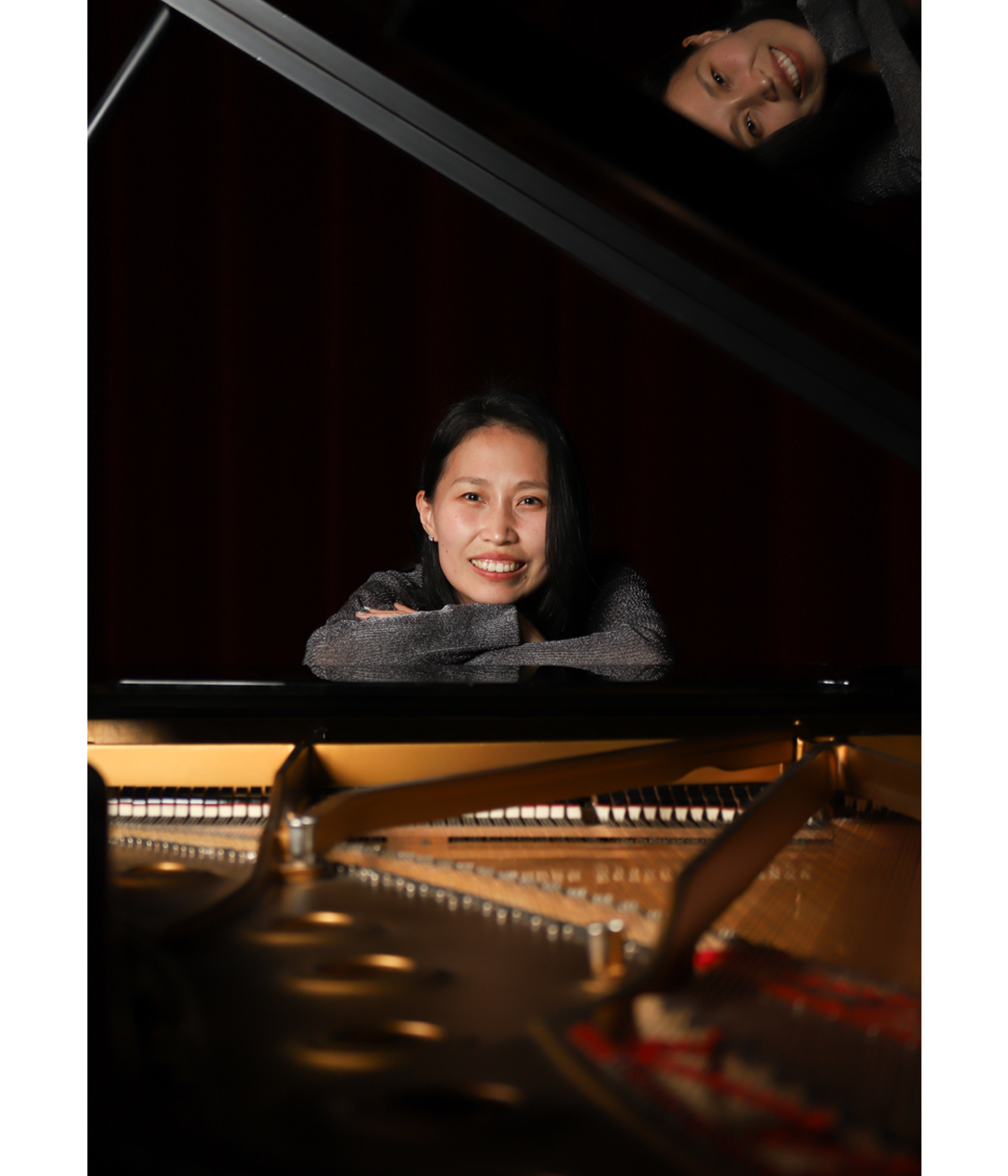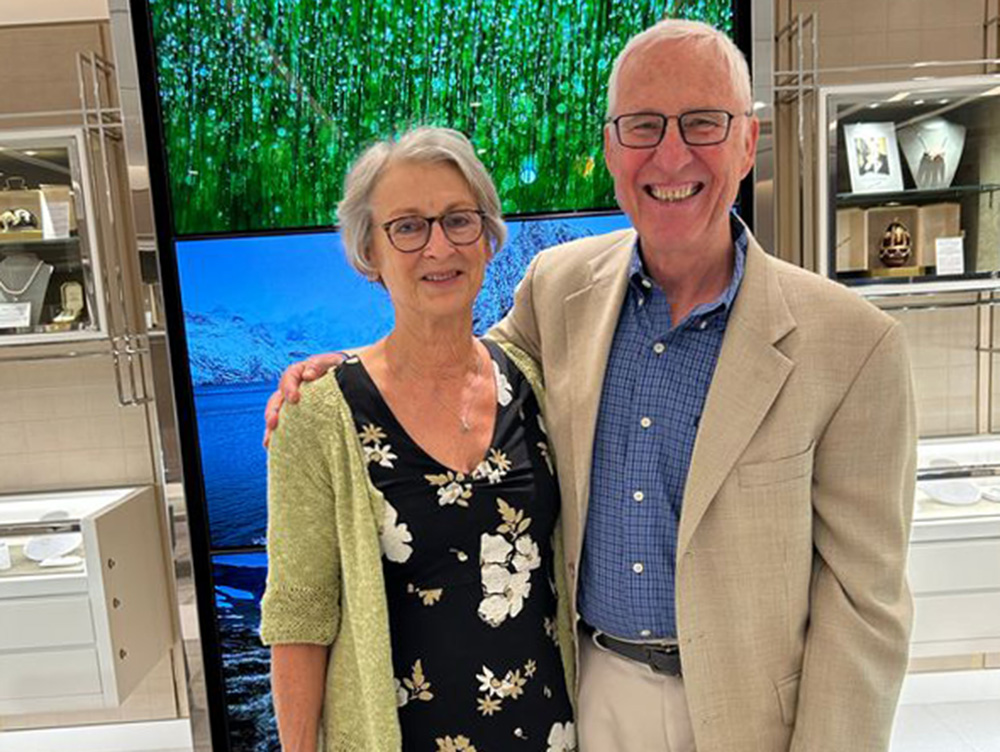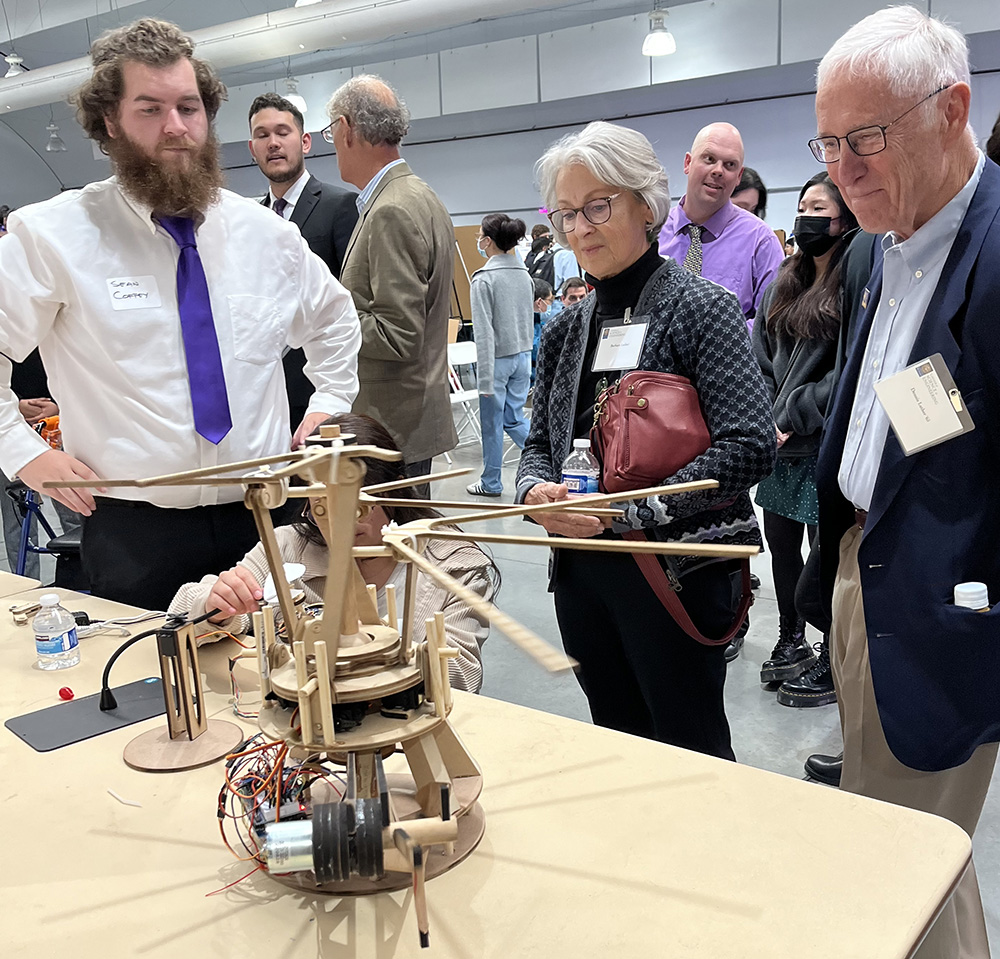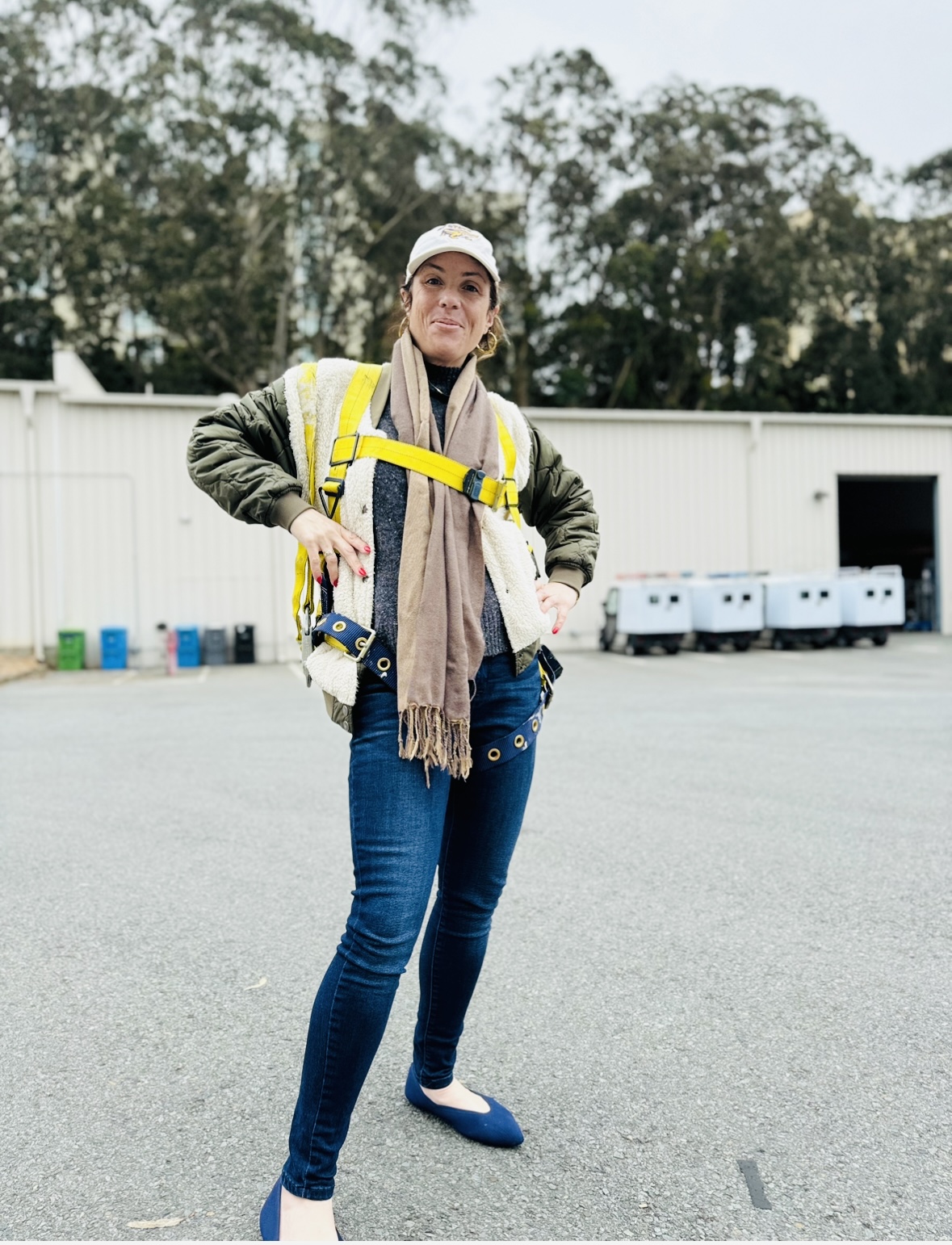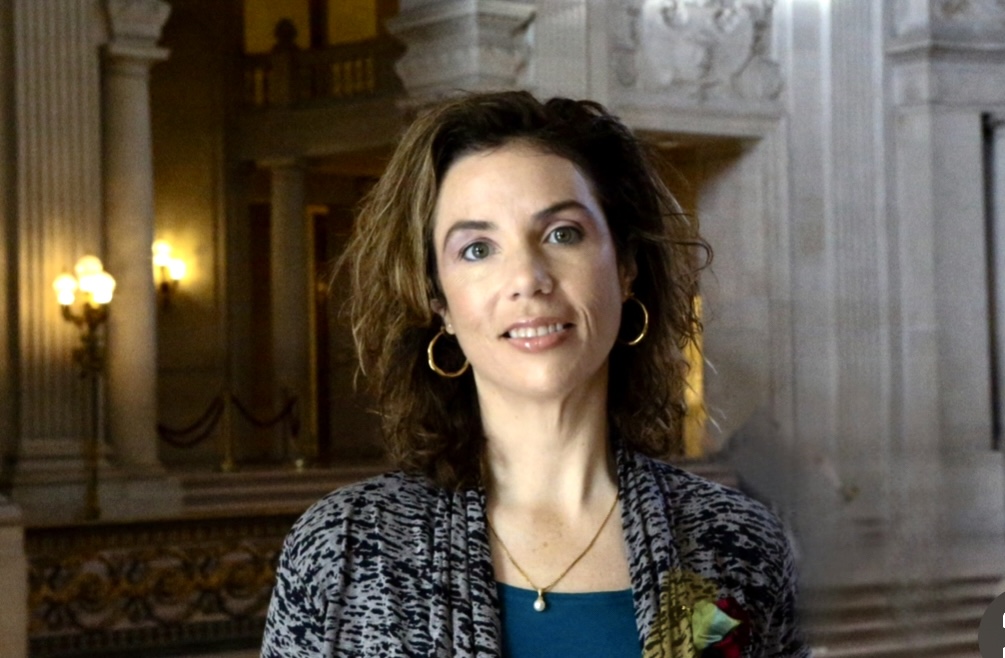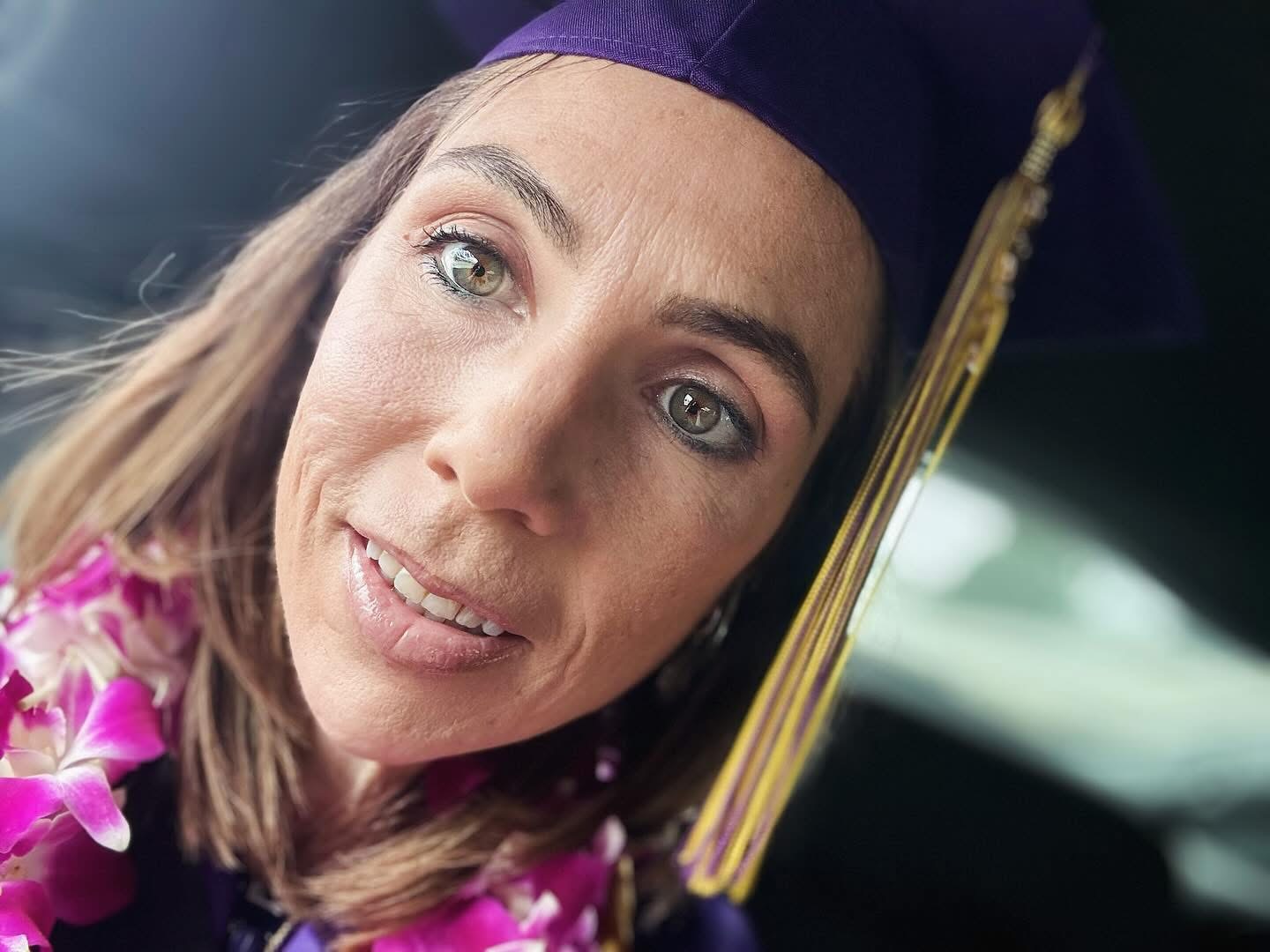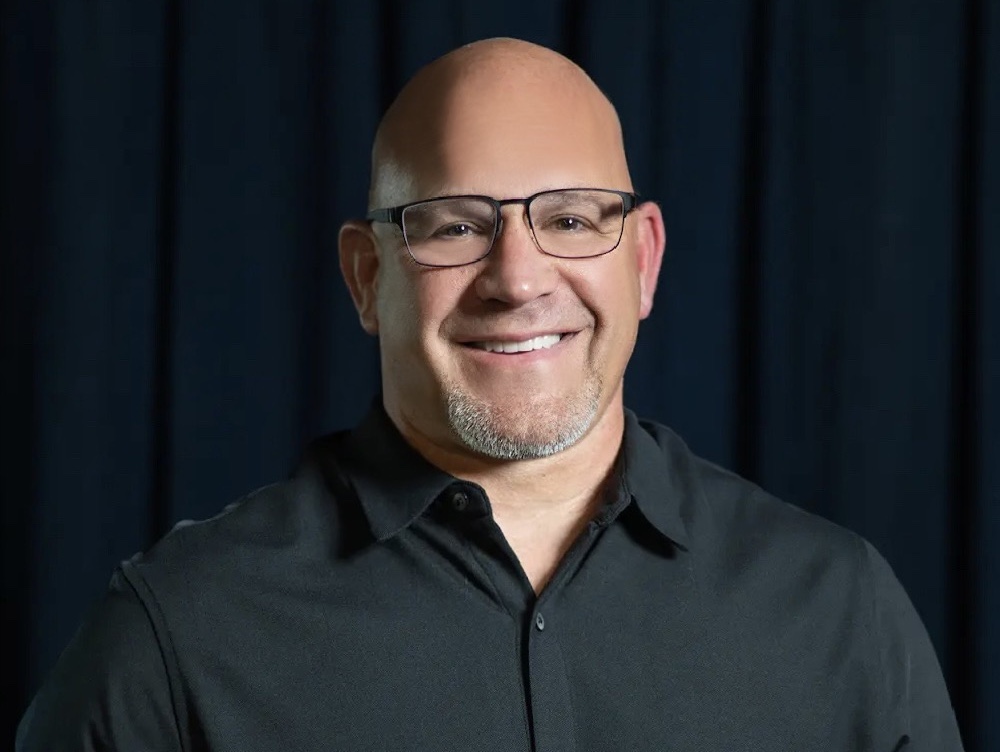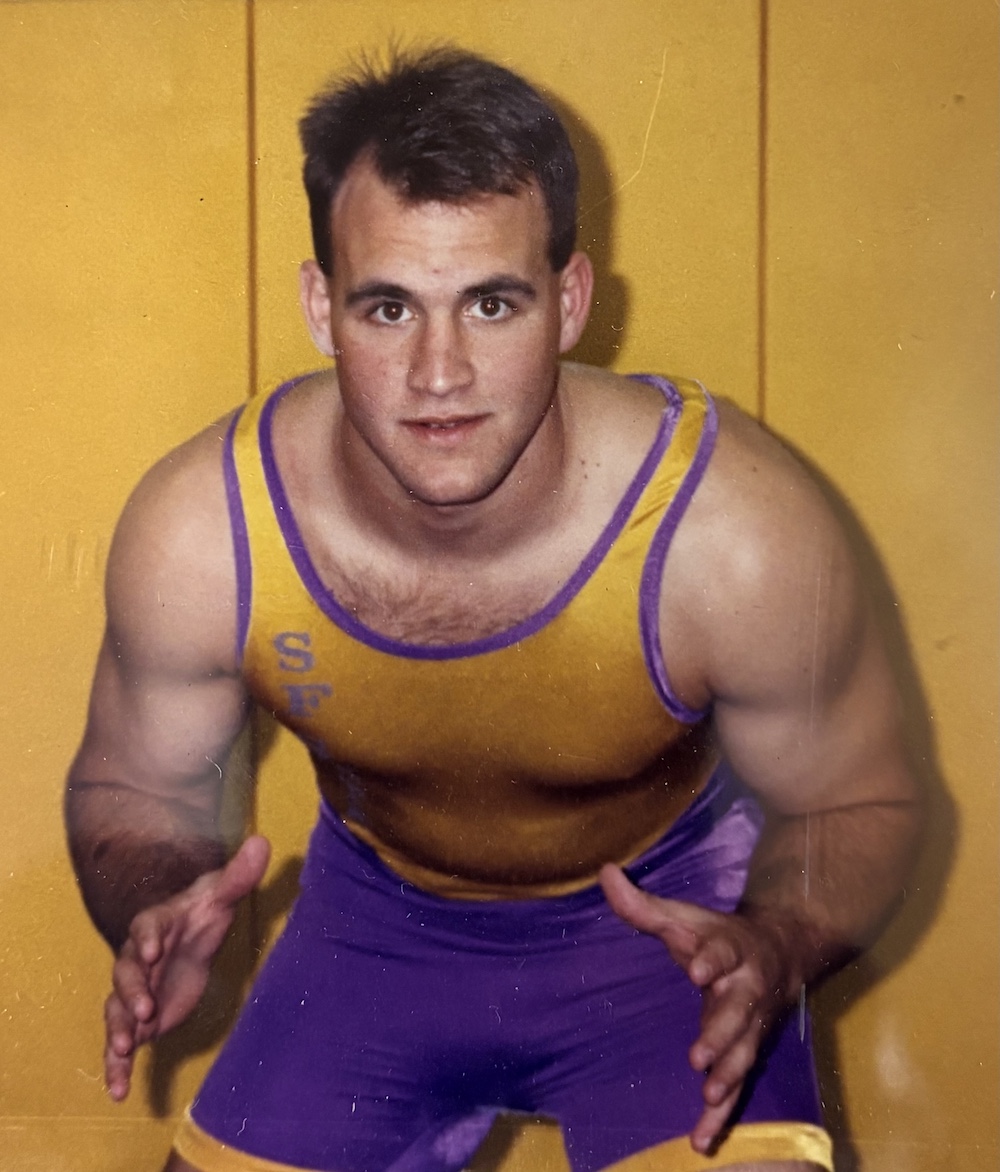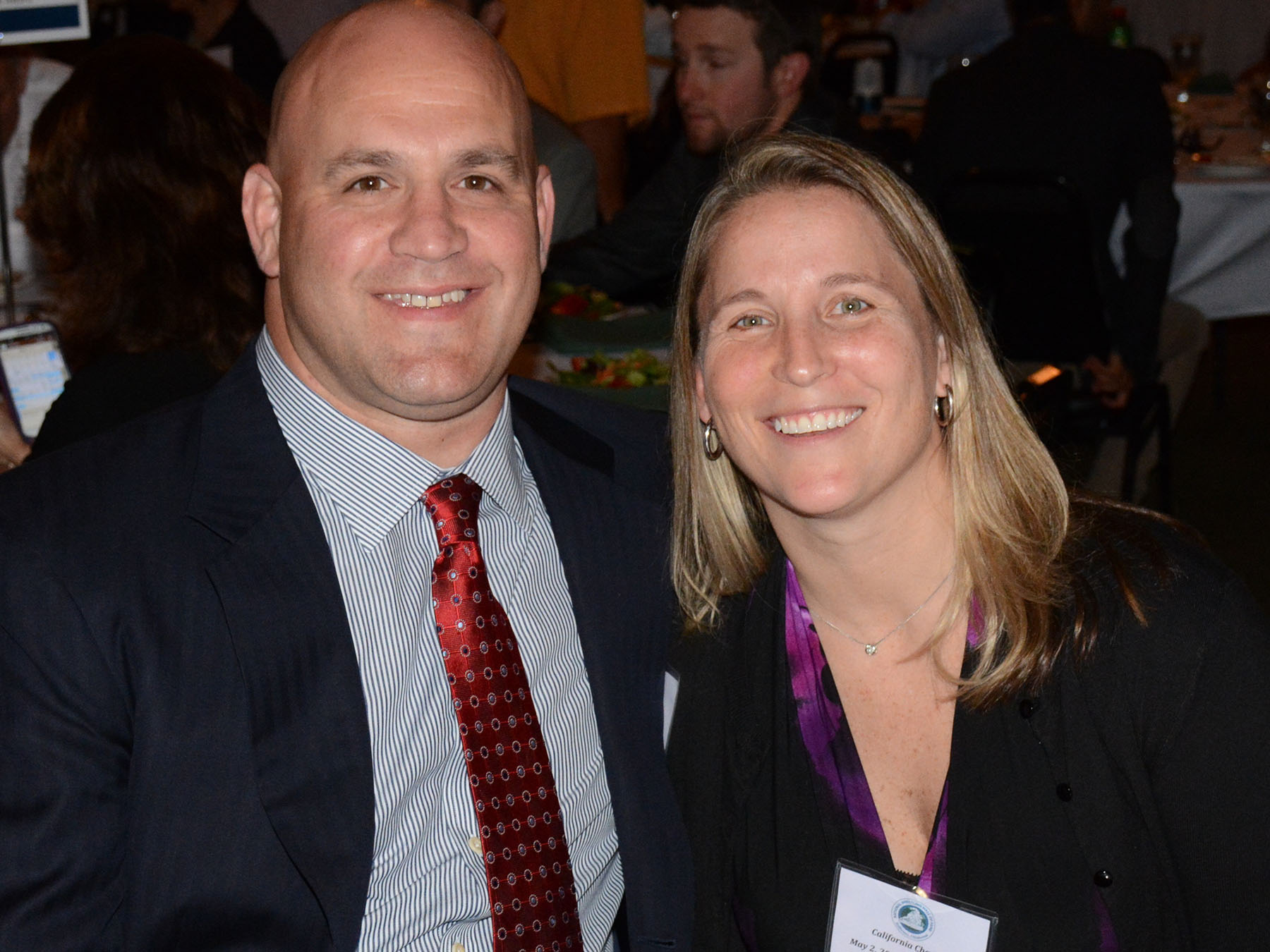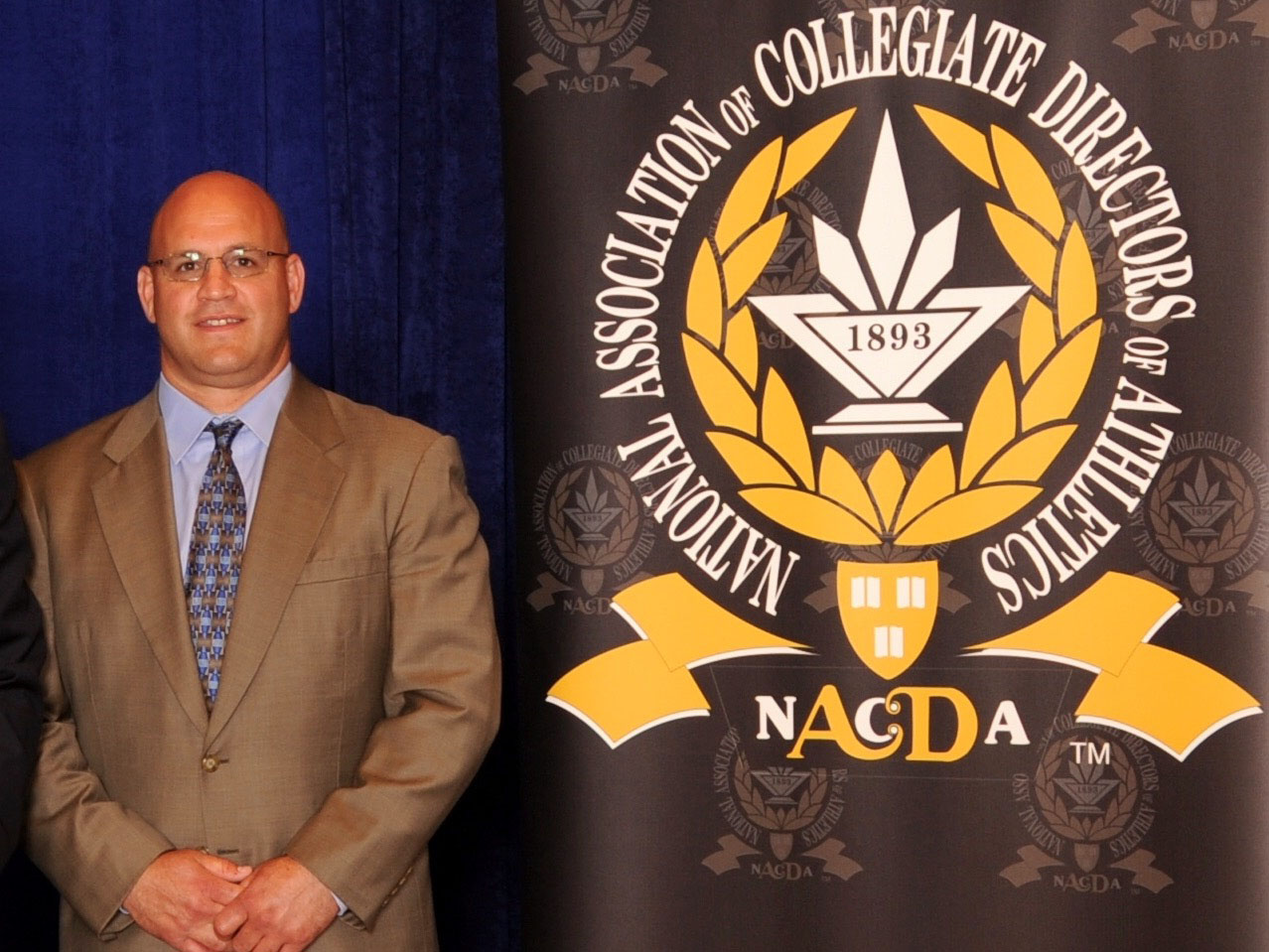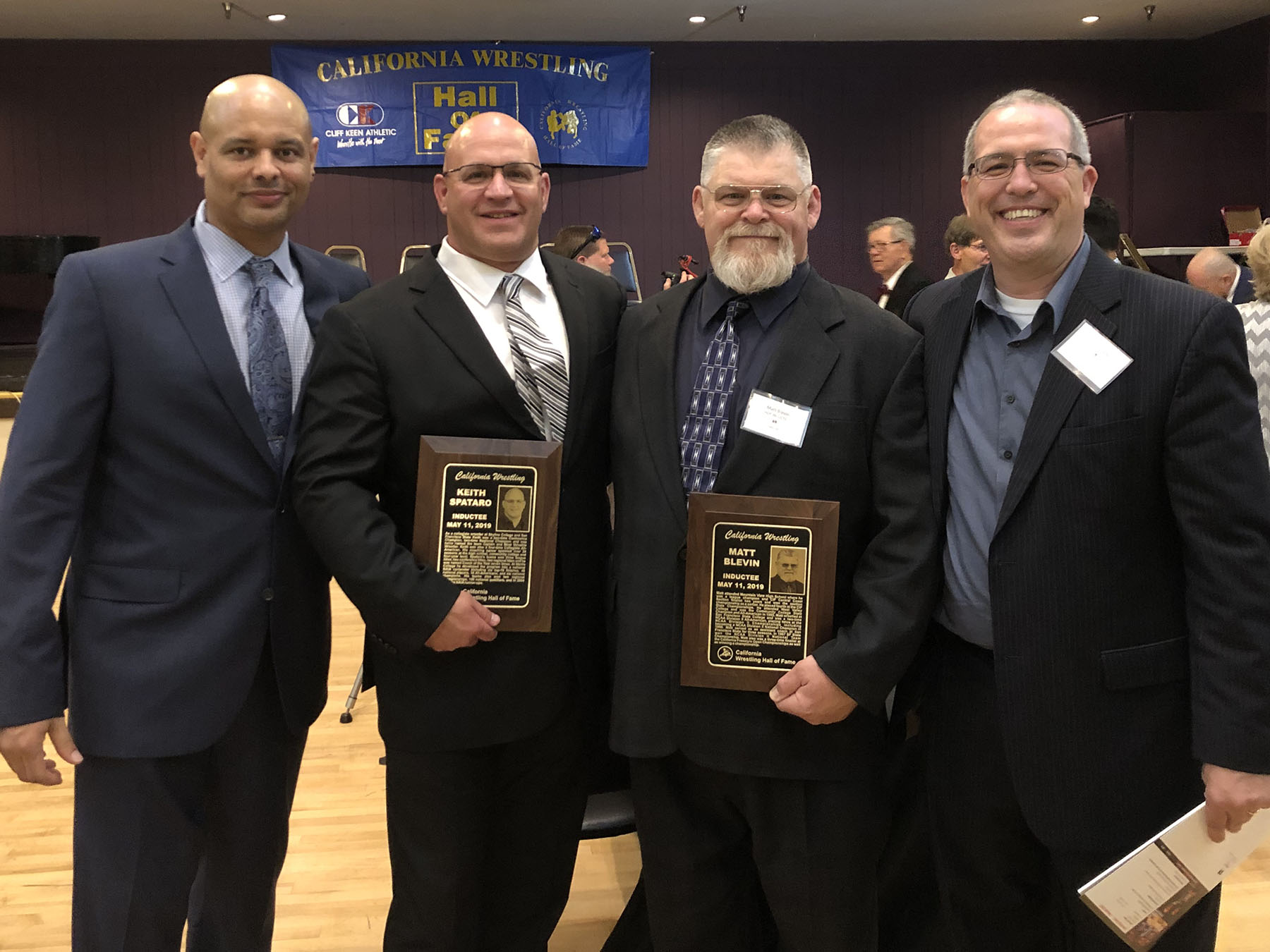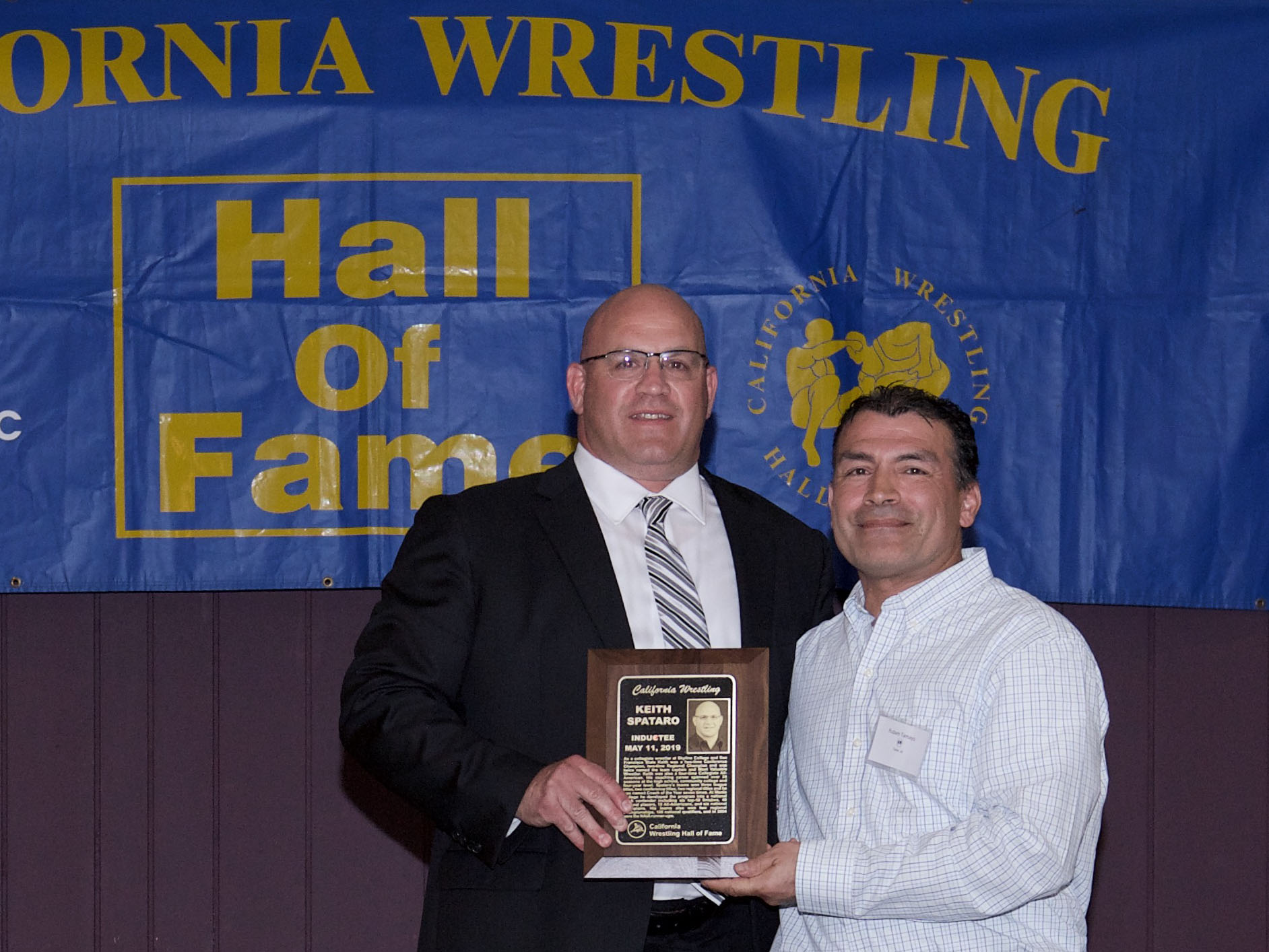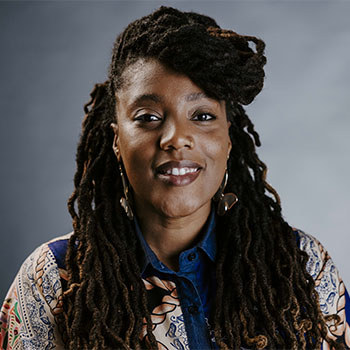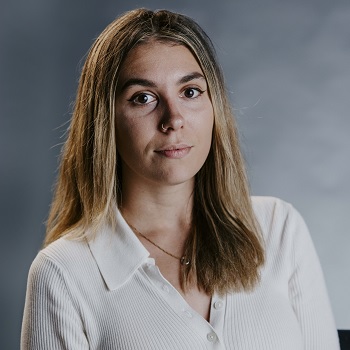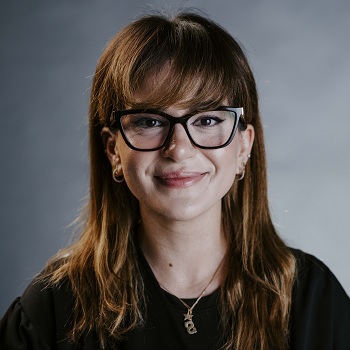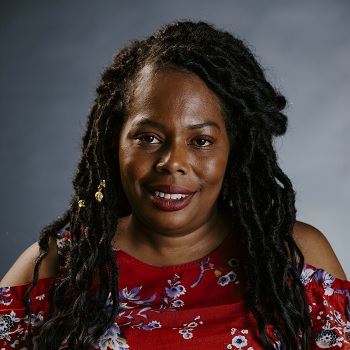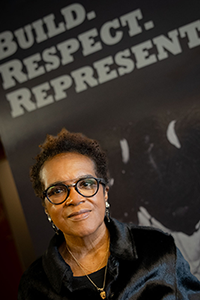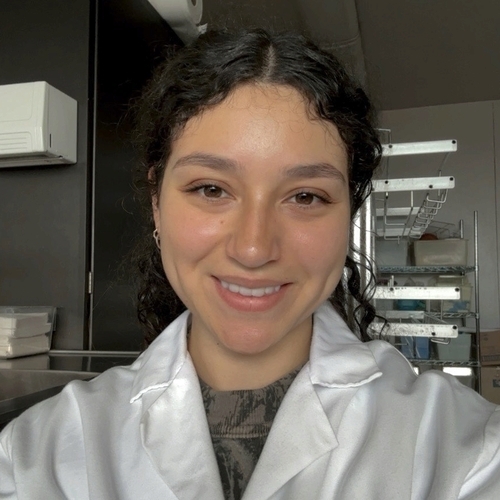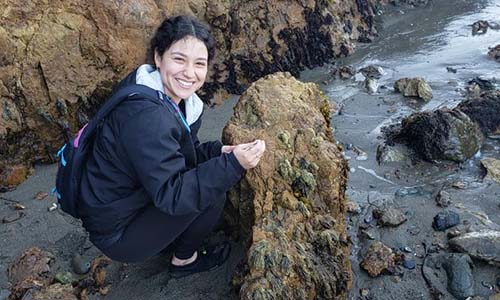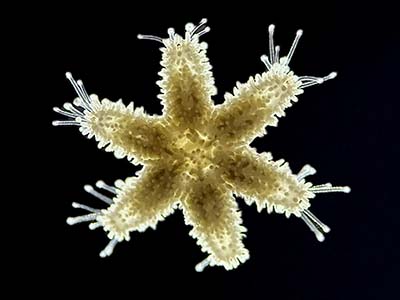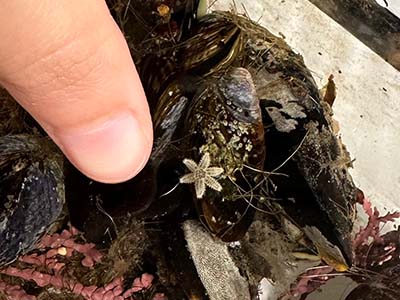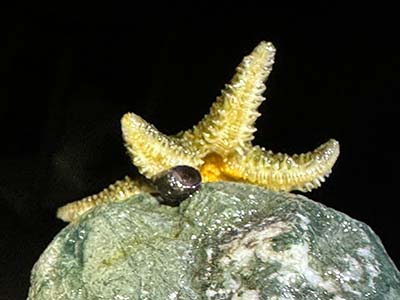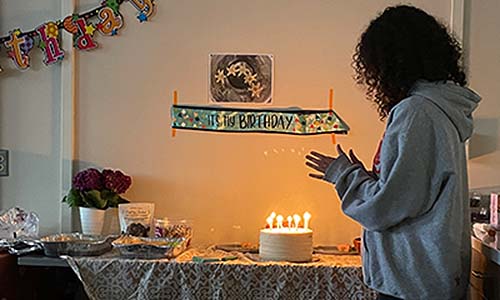Birdy Wei-Ting Hung (MFA, ’24) wins the Oscar
SFSU alum Birdy Wei-Ting Hung won gold in the Alternative/Experimental category of the Student Academy Awards competition for her thesis film, “A Brighter Summer Day for the Lady Avengers.”
Birdy's acceptance speech at the Awards ceremony included a shout-out to SFSU, where, as an MFA student, she was awarded the Jennifer Hammett Endowed Scholarship in Cinema.
In memory of Associate Professor of Cinema Jennifer Hammett, the scholarship aids promising graduate students in the School of Cinema who have demonstrated teaching excellence as a graduate teaching assistant. The late Professor Hammett was a scholar of American and international film theory, history, and analysis. Her devotion to excellent teaching was legendary among students and colleagues across the University.
Before coming to SFSU for her MFA, Birdy had seven years’ experience in independent filmmaking, having written, directed, and edited more than 30 projects, including documentary, music videos, fiction and experimental shorts.
Birdy believes that film production and cinema studies should work hand-in-hand. As a graduate student instructor during her MFA, she wrote to the donors of the Hammett Scholarship:
“My humble goal as an educator is to assist students developing the skills to be self-learners, collaborative filmmakers, and active agents in their own achievements. By awarding me the Jennifer Hammett Endowed Scholarship, you have not only lightened my financial burden but motivated me to keep connecting the two disciplines in my teaching: incorporate theory-based instruction with production practices.”
The Student Academy Awards competition received a total of 2,683 entries from 738 colleges and universities worldwide. All Student Academy Award-winning films are eligible to compete for the Oscars in the Animated Short Film, Live Action Short Film or Documentary Short Film category. Past winners have gone on to receive 67 Oscar nominations and have won or shared 15 awards.
See the Oscars press release here.
“A Brighter Summer Day for the Lady Avengers” has also been awarded or nominated for the following:
- San Francisco International Film Festival
- 2025 Winner: Golden Gate Award for Bay Area Short Film
- Golden Harvest Awards for Outstanding Short Films
- 2025 Nominee: Golden Harvest Award for Best Experimental Short Film
- Slamdance Film Festival
- 2025 Nominee: Grand Jury Prize for Best Narrative Short
- Torino Film Festival
- 2024 Nominee: Prize of the City of Torino for Best Short Film
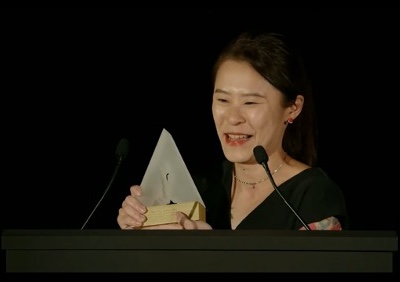
Birdy Wei-Ting Hung (MFA, ’24) accepts her trophy at the ceremony in London
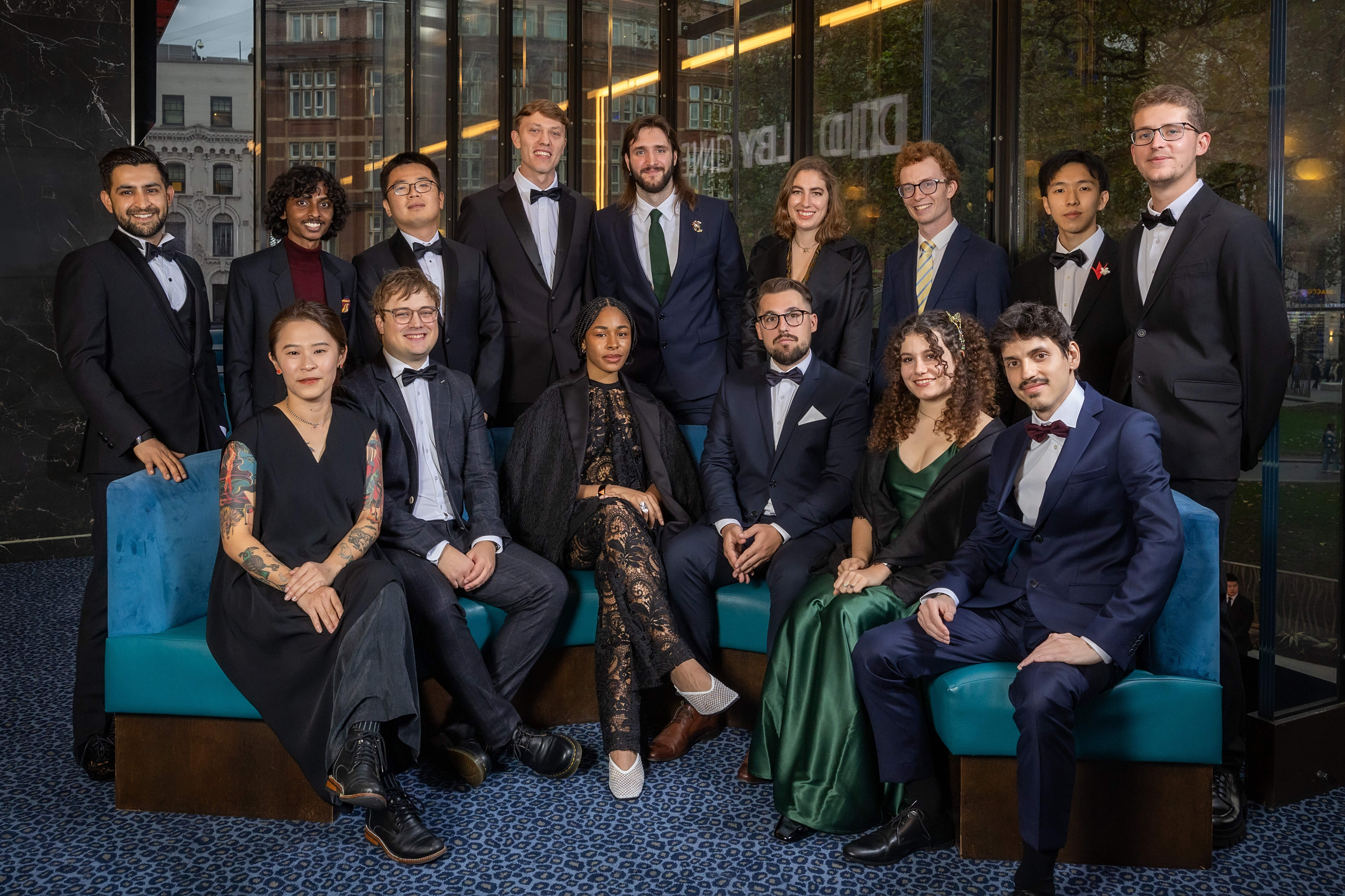
Birdy and fellow awardees
Watch this short video that the School of Cinema made to highlight Birdy's success.
Watch the 2024 Student Academy Award Ceremony. At 20:02 Birdy talks about her film and 31:06 she gives her acceptance speech.
For more information about donating to the College of Liberal & Creative Arts, contact:
Soo Kim
Senior Director of Development (Creative Arts)
(415) 338-7113
